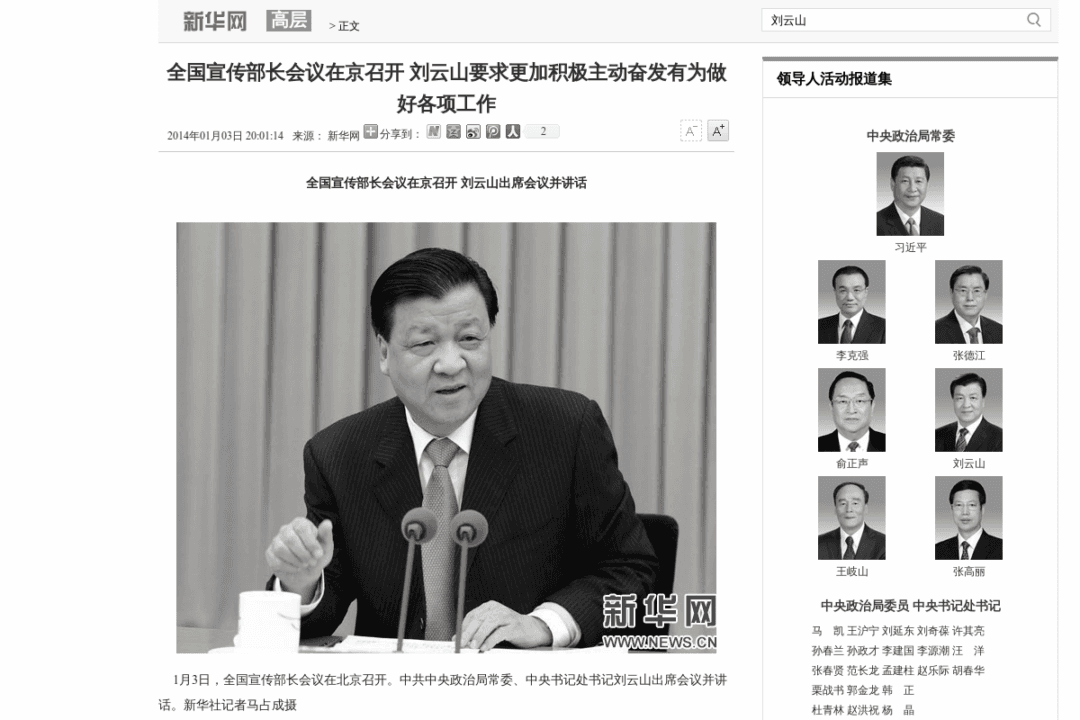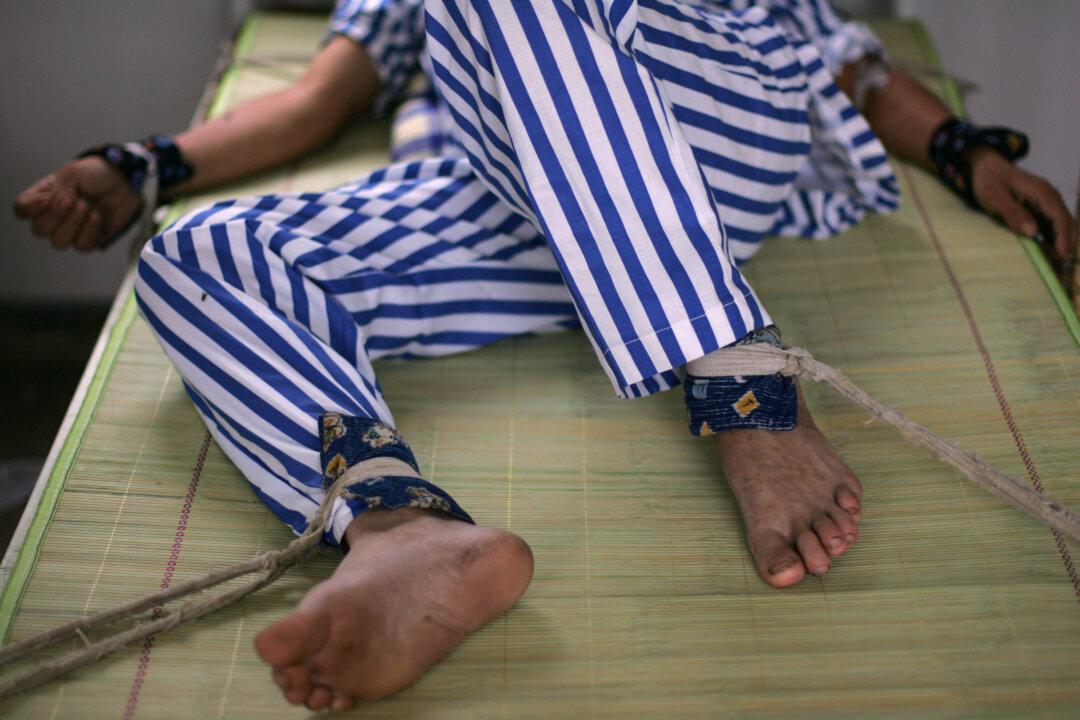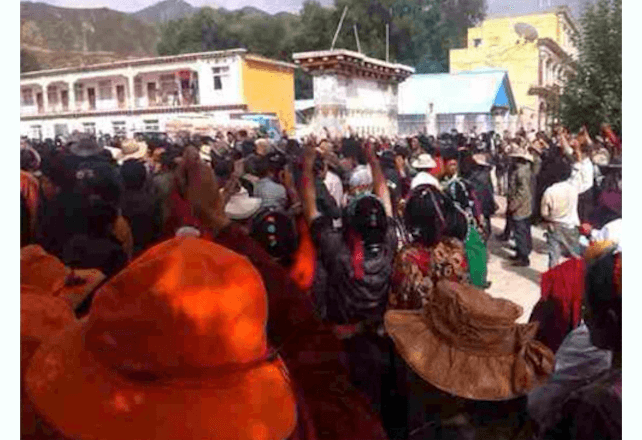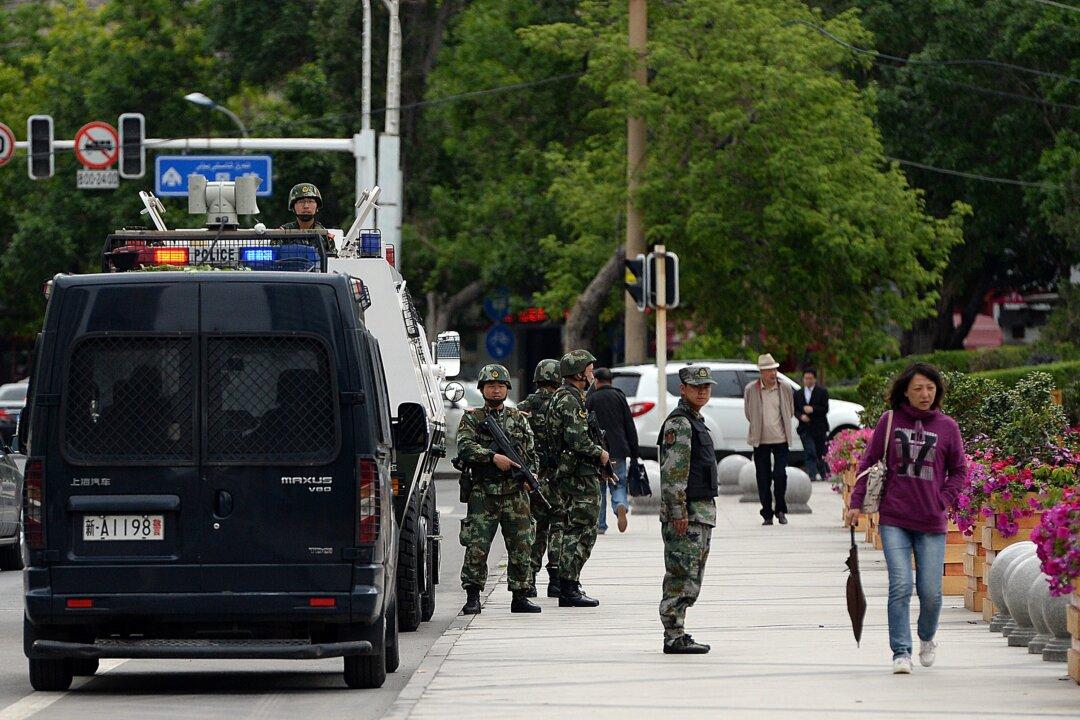Seeking to control what it sees as the infiltration of dangerous foreign ideology and influential liberal-minded bloggers, the Chinese Communist Party recently announced stricter Internet controls and a strengthening of the Party line on the Internet.
At a Jan. 3 meeting of high-level propaganda officials, Liu Yunshan, secretary of a key internal agency in the Party, and Liu Qibao, the head of the propaganda department, reiterated that media in China must be controlled by the Party, not national opinion leaders.
National opinion leaders may refer to writers, thinkers, columnists, and other public intellectuals that seek to inform or sway public opinion. Party officials also reinforced the idea that the Party itself must be able to always determine the views that are sharred and read on the Internet.
Analysts of Chinese political affairs thought that the statements were tantamount to admissions that the regime is already having trouble controlling the Internet.
“The CCP is frightened by the dominant role of Internet opinion leaders,” said Hua Po, a Beijing-based political analyst, in an interview with New Tang Dynasty Television. “Those voices can’t be shaken.”
“The officials’ remarks are to remind the Party to dominate the media. Now they are engaged in an Internet battle which they must win in order to recapture their leadership,” he said.
The Communist Party’s own publications seem to agree with the sentiment. The Chinese Academy of Social Sciences said in its “Social Blue Book: 2014 Society of China Analysis and Forecast” that widely read opinion leaders wield more influence on the Internet than the media and government.
Another official report from last year proposed a strategy to dampen the influence of these people—a strategy that appears to have been adopted by the communist leadership.
The current call for greater Internet control may partly be in response to last September’s exhortations by Liu Qibao, the propaganda chief. At that time he insisted that Party cadres on the front lines must act according to the strategic objectives of the Party, “singing the main theme online,” using simple language to explain profound theories, and working to enter people’s hearts and minds, reported China Media Project, a Hong Kong based media analysis site.
Chinese people now regularly come into contact with the international community, and they digest a large amount of factual information about contemporary China, said Xia Ming, professor of political science at City University of New York’s Staten Island campus. This makes them question the wisdom of one-party rule, and that is what the Party fears most, Xia said.
Party Calls for Stronger Control of Internet
The Communist Party of China emphasized its wish to control opinion in the media and online in recent official meetings.

Liu Yunshan, the secretary of the Chinese Communist Party Secretariat, a key internal Party agency, presided over a propaganda meeting that was held on Jan. 3, where top leaders reiterated the Party's need to control information in China. (Xinhua/Screenshot/Epoch Times
|Updated:



